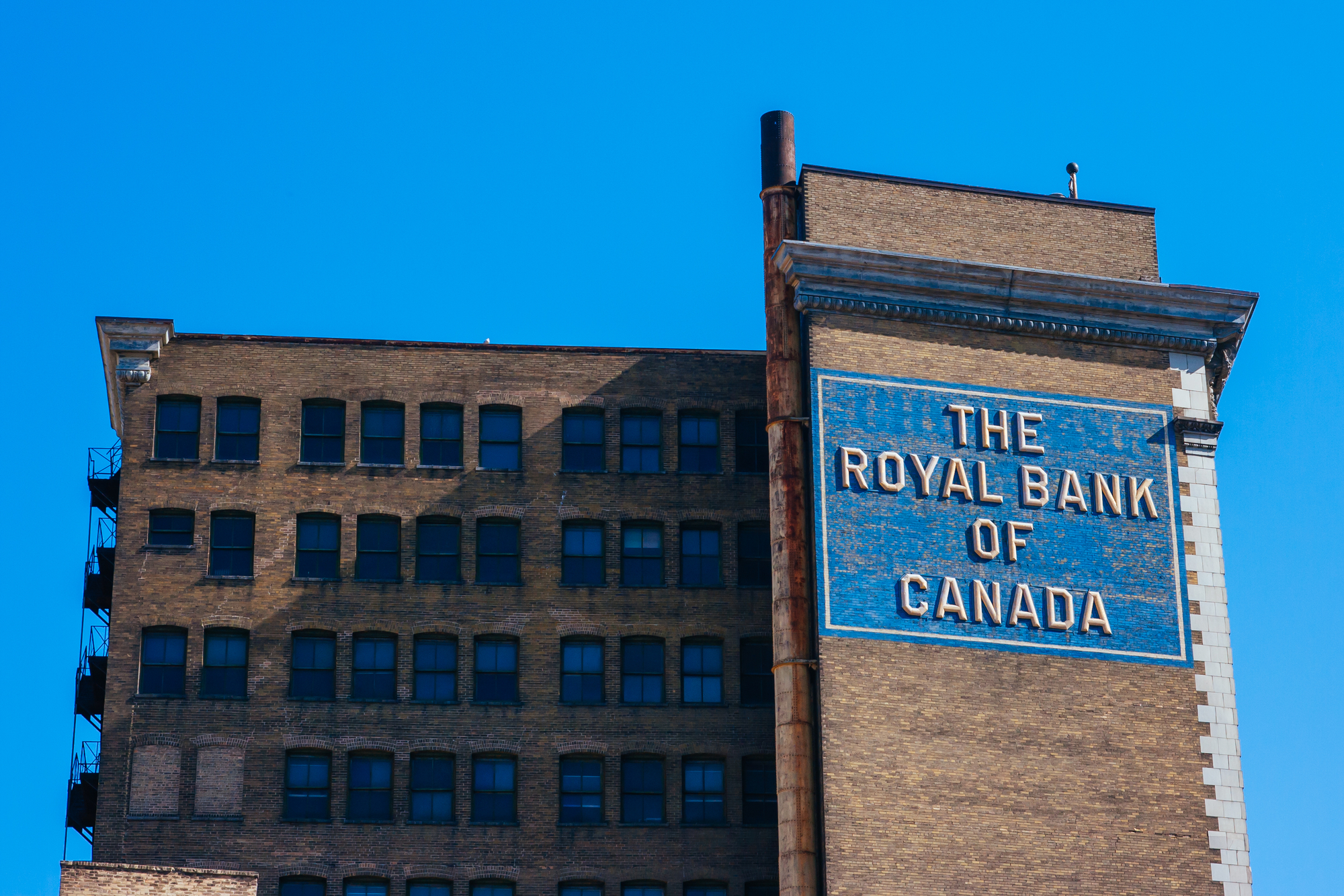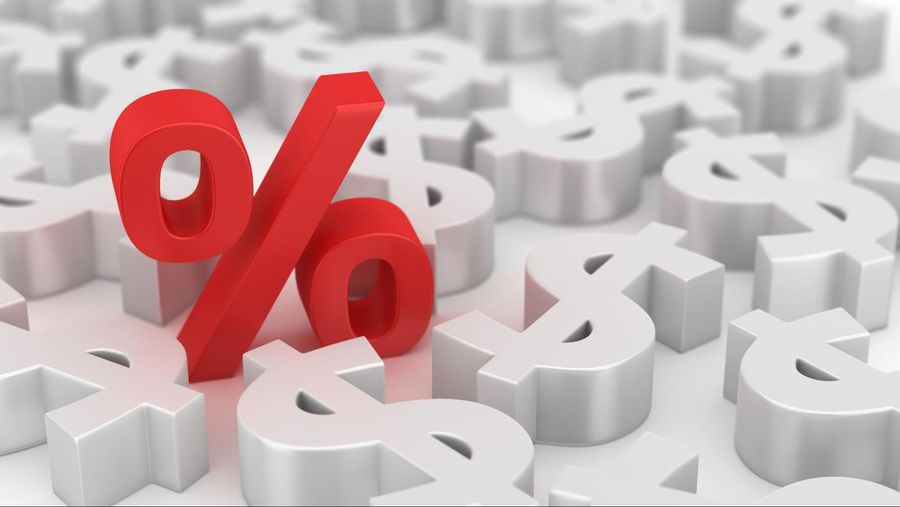The Bank of Canada is likely to hold rates in its monthly meeting on Wednesday, according to a Finder poll of economists and industry observers.
The central bank will likely base its decision to keep the interest rate at 1.75% based on the current political uncertainty and its impacts on Canada’s economy, particularly on consumer spending and housing markets.
“So far, we’ve seen little change in the trends in these sectors, suggesting that the bank will be happy to stand pat in December,” said Brian DePratto, director at TD Economics.
Despite the economic concerns, Moshe Lander, an economics professor at Concordia University, said conditions are not “bad enough” to require a change in monetary policy.
“The Canadian economy continues to show signs of stress, but with so little room for interest rate cuts, the economy is not stressed enough to warrant using one of those cuts at this time,” he said.
However, some economists think that a rate cut could happen during the first months of 2020. Scotiabank deputy chief economist Brett House said the central bank’s statements were indicative of a future cut.
“Amongst a variety of statements that implied a cut in December would represent a massive communications flip-flop, Governor Stephen Poloz most importantly noted that, ‘We think we have monetary policy conditions about right.’ As a result, we have pushed our forecast of cuts into Q1 and Q2 2020,” he said.
RBC’s Josh Nye said while the economic growth in Q3 will surpass the central bank’s projections, what will unfold after could impact its future rate cut decisions.
“Business investment and trade are likely to be soft, and a continuation of those trends toward the end of the year would test the BoC’s patience. Our forecast assumes a rate cut early next year,” he said.








